We’re excited to introduce you to the always interesting and insightful Grant Peeples. We hope you’ll enjoy our conversation with Grant below.
Grant, thanks for taking the time to share your stories with us today Any thoughts about whether to ask friends and family to support your business. What’s okay in your view?
We are talking patronage here. It’s the oldest form of finance when it comes to the arts. Ask Da Vinci, Michelangelo Mozart, Picasso, Dali, Bukowski. The issue, of course, is the “ask.” If we feel support should simply be forthcoming, based on the genius of the work, we might be disappointed. But if you really believe in your work, in its important and relevance, why would you hesitate to contrive to find it a broader audience? Years ago I played a show with a nationally known fiddler. We were driving home after the gig and I asked him: “What is the damned secret to this business?” Without missing a beat he said: “You gotta find your people.” And that’s what I have done. One person at a time. Somebody that you see “gets” your work. A name, a face, an email address, a phone number, a birth date, the name of their spouse, the kind of work they do, their dog’s name. If you have two hundred and fifty people like this, intimate contacts that you relate to on a fundamental level…you can have a career. If you are hesitant to proceed like this, if you just want to the world to show up and praise your work and open their wallets, that’s a different approach.
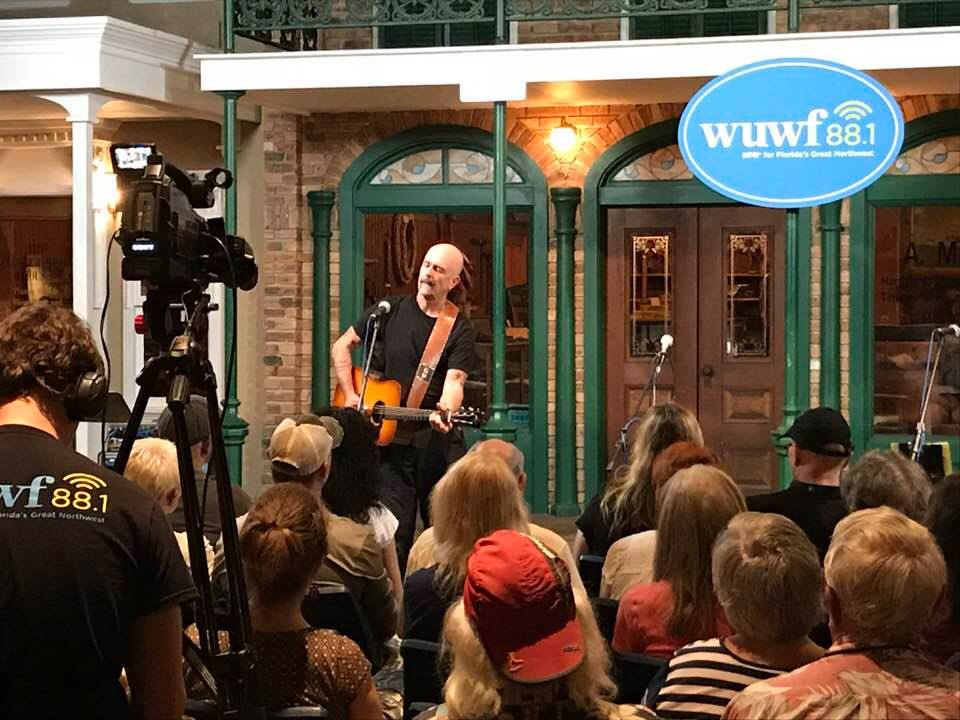

Grant, love having you share your insights with us. Before we ask you more questions, maybe you can take a moment to introduce yourself to our readers who might have missed our earlier conversations?
I’m a singer/songwriter, a published poet, fiction writer, and artist. I started early, but didn’t become a professional until I was fifty. That was the first time I ever got paid to play. In 1995 I moved to an island off the Miskito Coast. In Joseph Campbell language, it was my own little hero’s journey. I felt a call, I tried to ignore it but it pulled me in, and off I went. I slayed some dragons in search of buried treasure, got knocked down a few times, had some close calls, but i saw things and learned things and mined some things from the depth of that experience, and then, eleven years later, returned home with all of those experiences in hand. And home now looked different. I had a different perspective on the place I had left and the changes that had taken place there in my absence. And I started making art in an attempt to find and establish some transcendent Truths about all this, about what had happened and what I was seeing and feeling and thinking. I understand this now, almost twenty years later, though at the time it was just an existential struggle for me. The thing is… I feel like I am STILL making “i-went-away-and-learned-some-things-and-then-came-home-and-saw-some-things” art. I feel very strongly about this being the fundamental role of art and the artist in society.
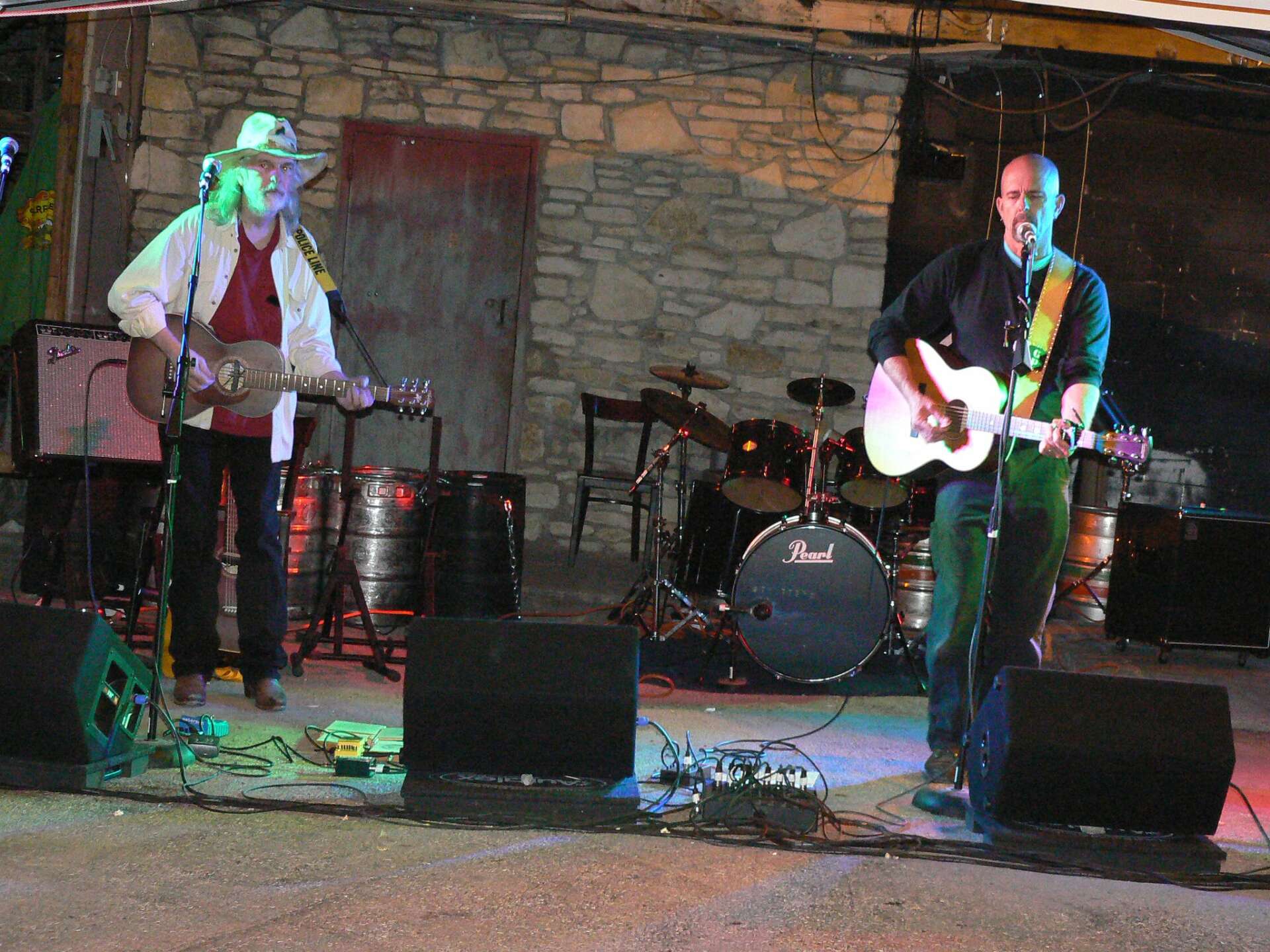
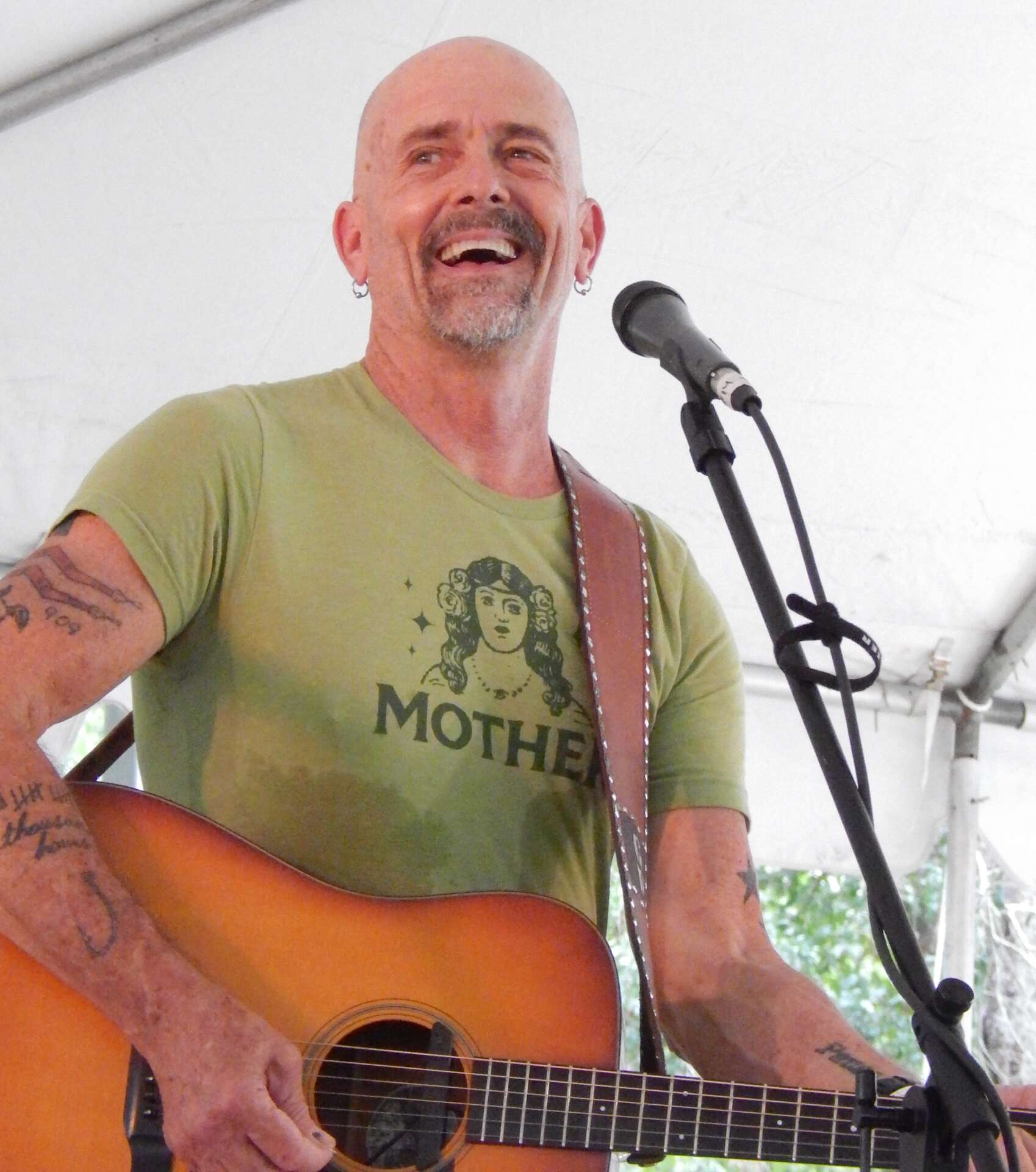
Is there something you think non-creatives will struggle to understand about your journey as a creative?
A number of times over the years I’ve had aspiring songwriters share their work with me. Often times there’s the question that runs along the lines of “Do you think I’ve got what it takes to keep going with this?” I don’t want to be insensitive but I’ve often felt the only thing I could say in response is: “Look, doing this is not a career choice, it’s not like thinking about being a dentist or accountant. You do this because you HAVE to, because your a*s is on fire on this is the only way to put the fire out. If you are at a point where you are making a DECISION about this, then the answer is simple. DON’T F*CKING DO IT. Or rather, don’t TRY to do it, because you are going to be really disappointed.” To do this thing is not so much about being committed to the idea, as being resigned to the fact that this is who you are and this is what you are going to do even though there’s a good chance you might end up having to eat cat food when you get old. If you can get to that point of resignation, you will come face to face with your authentic artistic self, and then the work will be different than the work of those who are out there just trying to make a name for themselves. I have been lucky. I don’t have any kids and my little block house and my little Honda Fit are paid for. Still, I mostly sleep in the back of that little car when I am on the road. I carry my food with me when I go. I will drive ten hours between shows that have no guarantees. I rent my little house out on Airbnb when I’m on the road. I still do chainsaw and land clearing work. I catch fish, clean them and serve them up at concerts so that I can drive the gross revenue up. None of this is really a reflection of my commitment, but rather to my resignation that this is my fate, my job, my role in our culture and society.
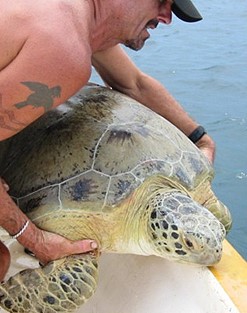
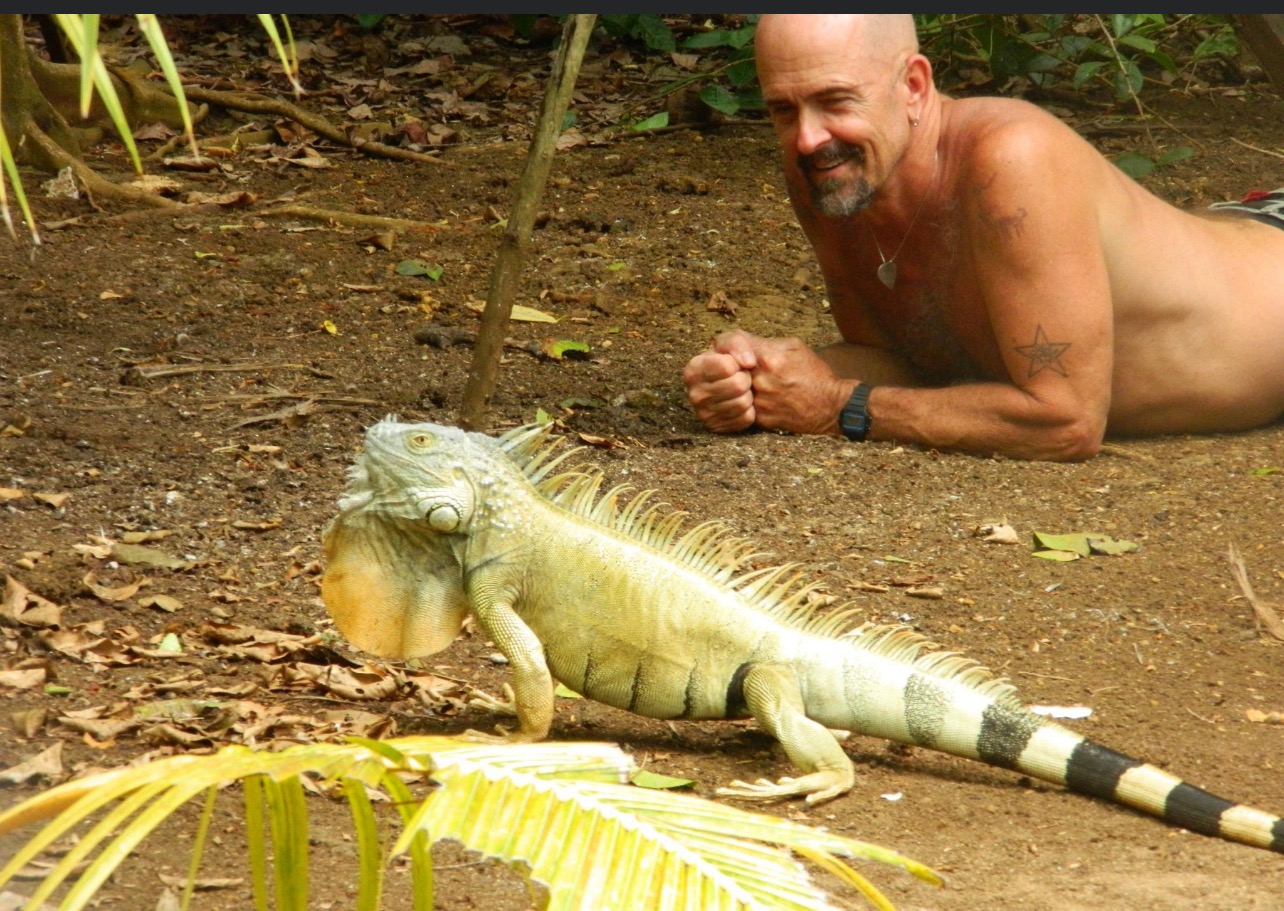

Are there any books, videos, essays or other resources that have significantly impacted your management and entrepreneurial thinking and philosophy?
For someone who makes their living writing, recording and performing songs, my major influences, with the exception of Bob Dylan, have not been musicians. Poets and writers and philosophers and artists have been the primary fuel sources for my work. I started reading Joseph Campbell around 2010, and he and his unified theory of mythology changed everything for me. From Campbell I learned about the poet Robinson Jeffers whose “inhumanist” philosophy I have come to embrace in a foundational kind of way. About the same time Campbell came into my world, I read everything that the Buddhist nun, Pema Chodron had written, and this gave me a spiritual foothold that continues to evolve. The artist, Jim Roche, who I have known all my life, has been the biggest influence on me when it comes to the tone of what I do, its focus, and my intent to be relevant to the culture. Jim also represented that resignation to the grind of the artistic life. The writer, Joe Bageant, gave me the context I needed when it came to my “southernness.” And the art critic, Dave Hickey, taught me a lot about the nuts and bolts of language. So many of these influences came to me after I had turned fifty years old. Somewhere around that seminal birthday, pretty much all of these influences coalesced with my Nicaraguan experience and, combined with the liberal arts education I got decades before, made of the stew of who I am as a working artist.
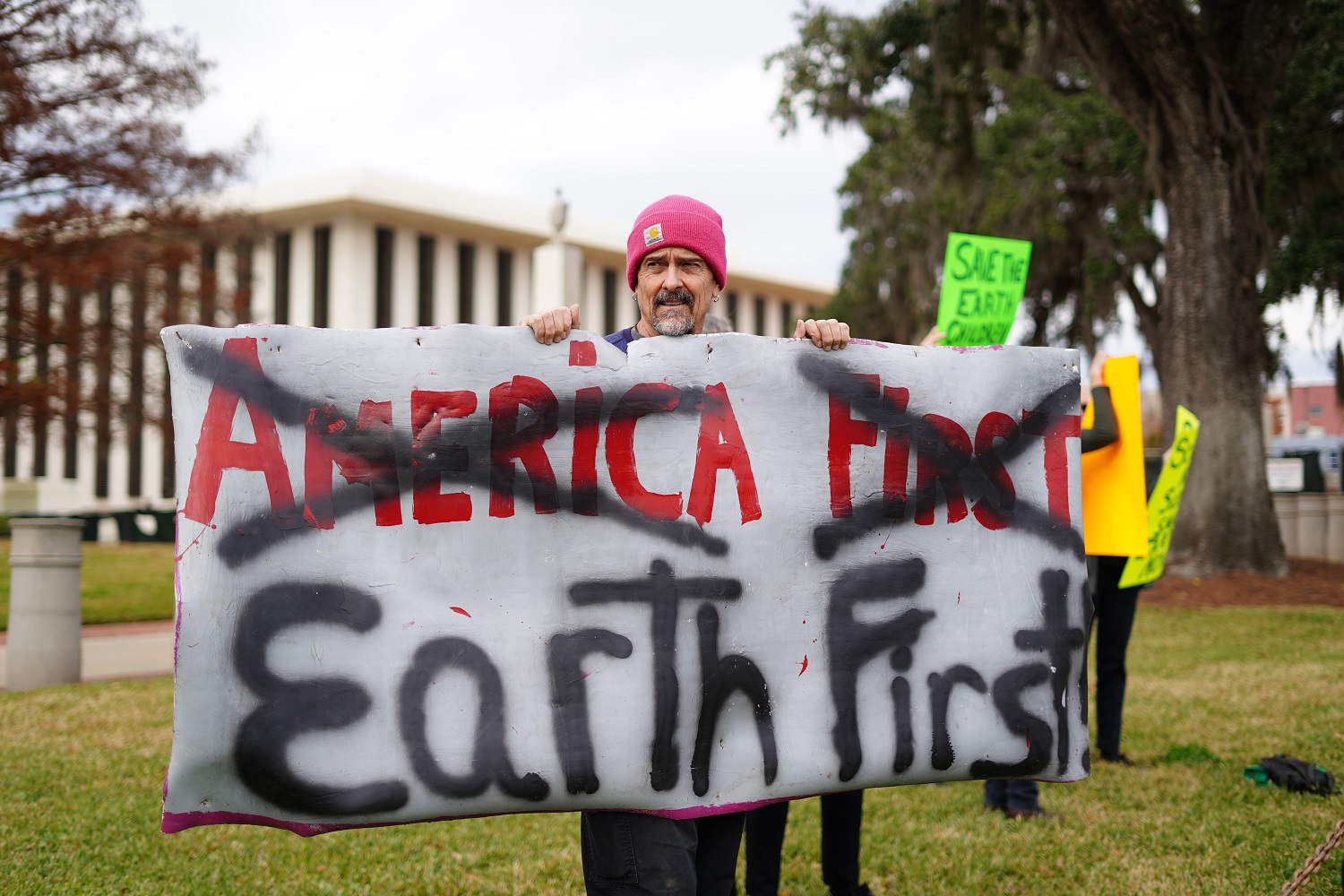
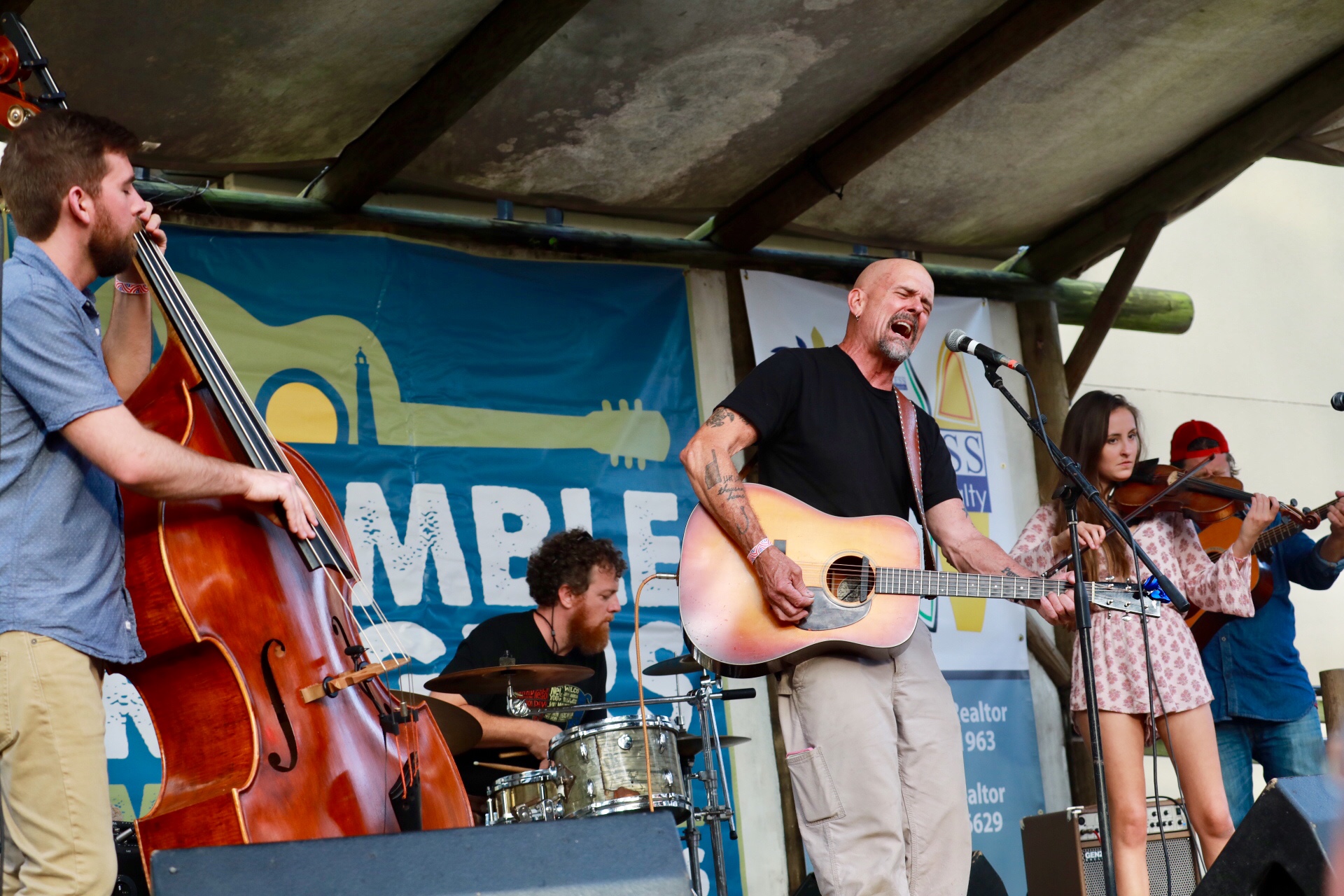
Contact Info:
- Website: [email protected]
- Instagram: https://www.instagram.com/grantpeeples/?hl=en
- Facebook: https://www.facebook.com/grant.peeples
- Twitter: [email protected]
- Youtube: https://www.youtube.com/channel/UCg68uQu2WQcCMGdQ43vaGEQ
- Yelp: [email protected]


